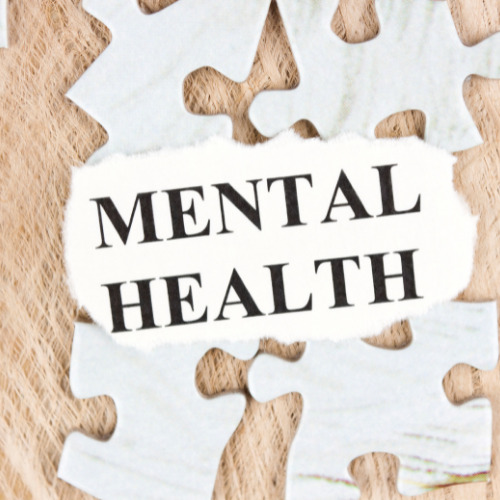
The covid-19 pandemic has lasted more than a year now. A pandemic doesn’t just effect an individual physically, it effects him/her/them psychologically and socially as well. A pandemic such as the covid-19 pandemic causes disruption in all areas of one’s life.
Associated factors of the pandemic, such as a lockdown, social distancing isolation, leading to the closure of educational institutions, workplaces and places of socializing and entertainment and the sudden end of a normal way of life took a massive toll on the mental health of the entire world. In the beginning, people worldwide remain resilient, entertained themselves and one way or another developed new hobbies and new trends. However, as the pandemic grew longer and crossed the year mark, more and more mental health concerns have developed and come to the light.
Separation from one’s loved ones, loss of loved ones, boredom, uncertainty and experiencing death in the family further deteriorated the mental health conditions of people everywhere. The general population has reported more instances of stress and anxiety and depression in the past year. There is chronic fear, anger, sadness, worry and frustration due to the uncertainty of the pandemic leading to a change in appetite, difficulty in concentration, sleeping and has led to more bodily reactions such as headaches, body aches, stomach problems and skin rashes. There has also been a marked rise in the use and misuse of substance during the pandemic.
In children and teenagers, more anxiety and distress has been reported as they have been away from their school, daily routine and friends. In children crying, sadness and agitated behavior is reported more. In the elderly and people with vulnerabilities and disabilities, there is more fear and anxiety and distress because of underlying health conditions and the greater risk that they live in leading to more instances of depression.
Moreover, health workers are among the worst affected in the aspect of mental health as they have to constantly deal with fear and unavailability of gear, falling sick and watching patients die. This has taken a massive toll on mental health. The covid-19 pandemic therefore, in the 21st century, remains the most significant catalyst of a new wave of mental health concerns in India and worldwide. However with this wave we have also seen many self-help groups, organisations offering free and unconditional therapy, trained individuals offering free therapy and help lines popping up everywhere and more and more people have spoken up during this pandemic about mental health. With awareness comes change and we have a long way to go from here.







